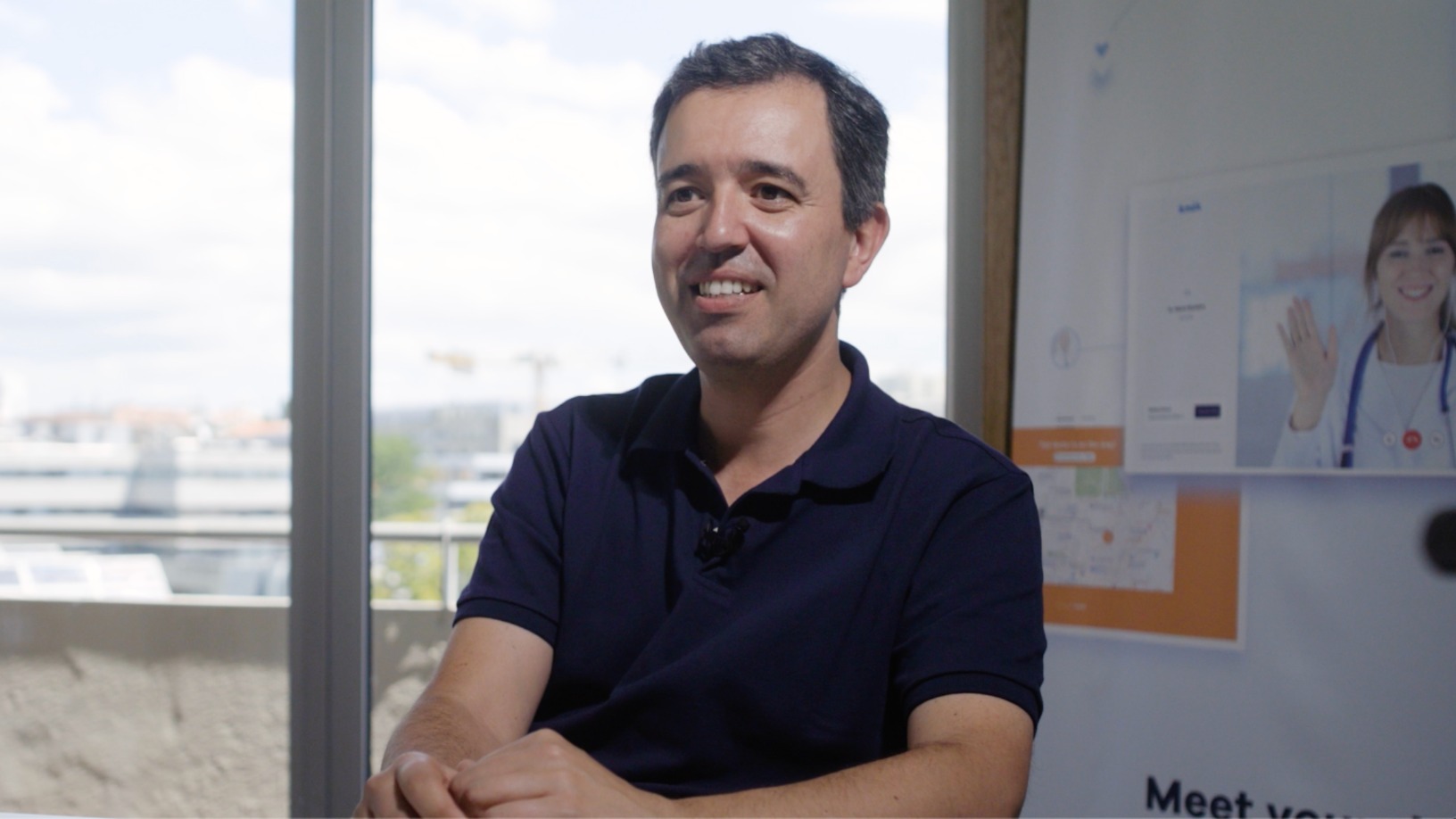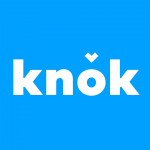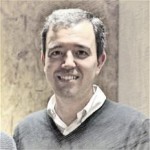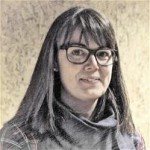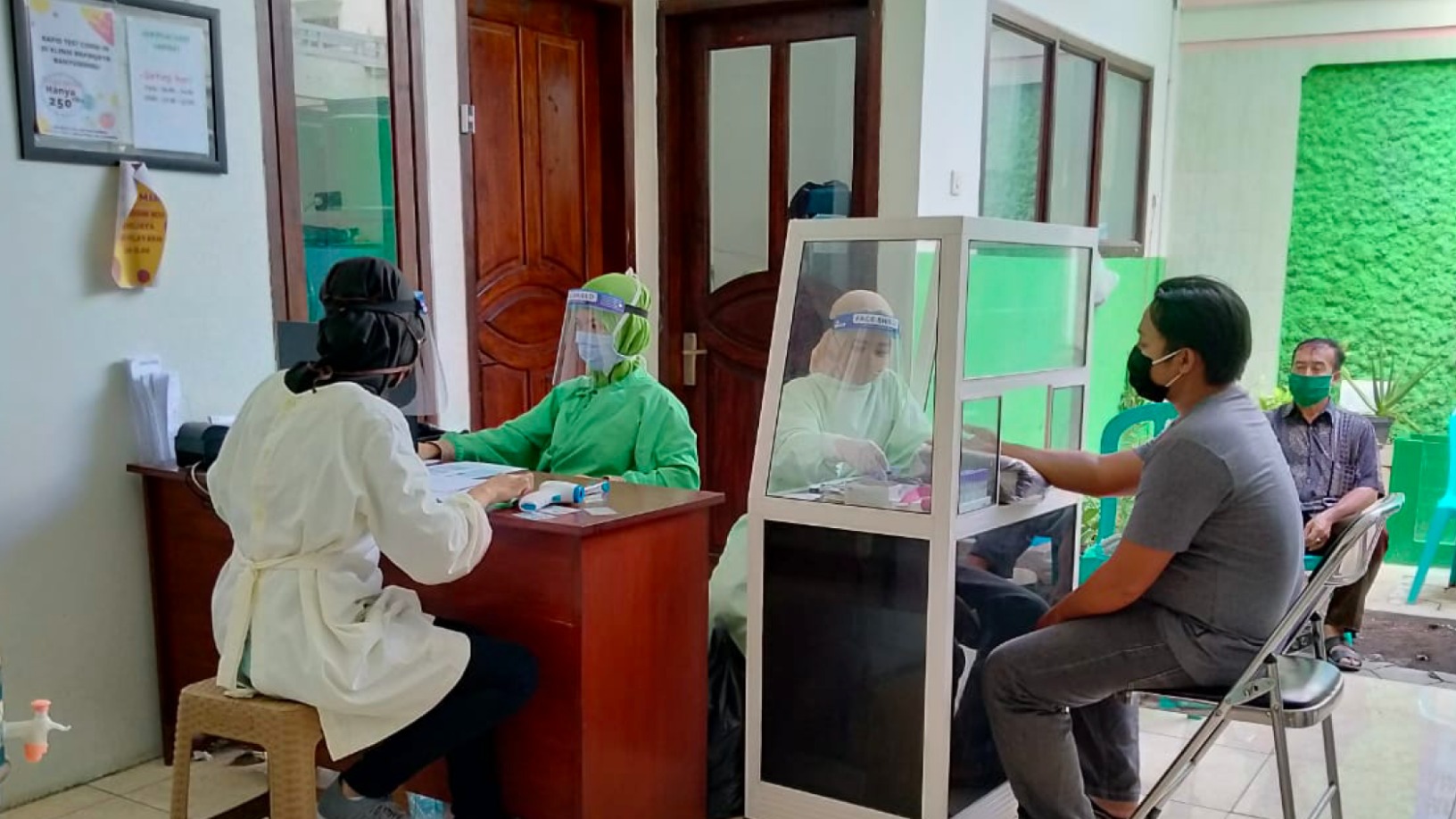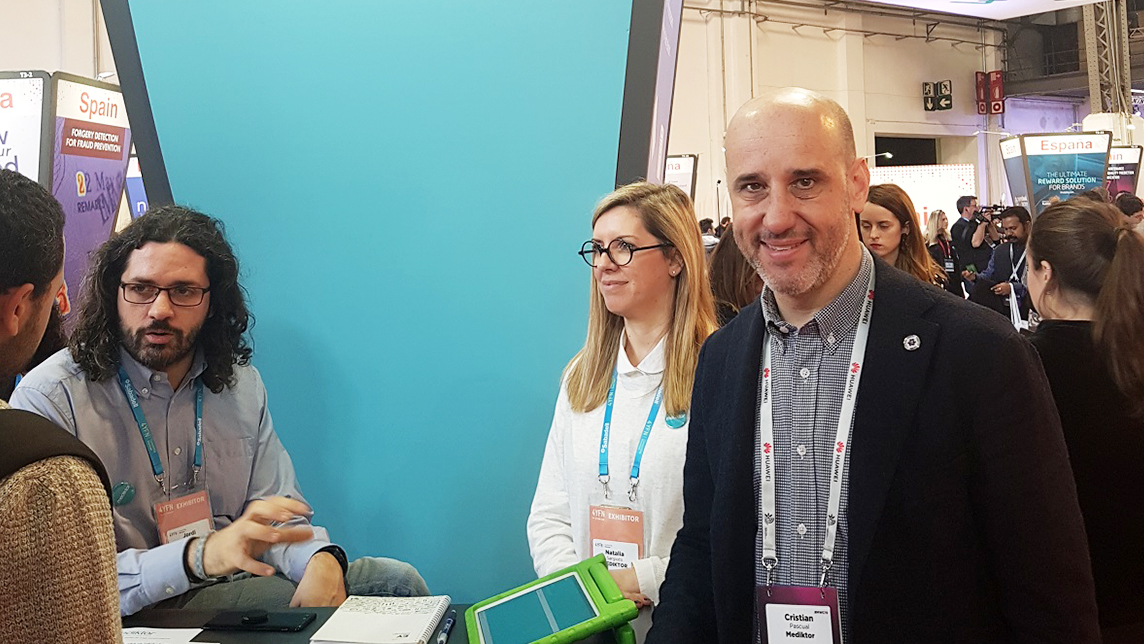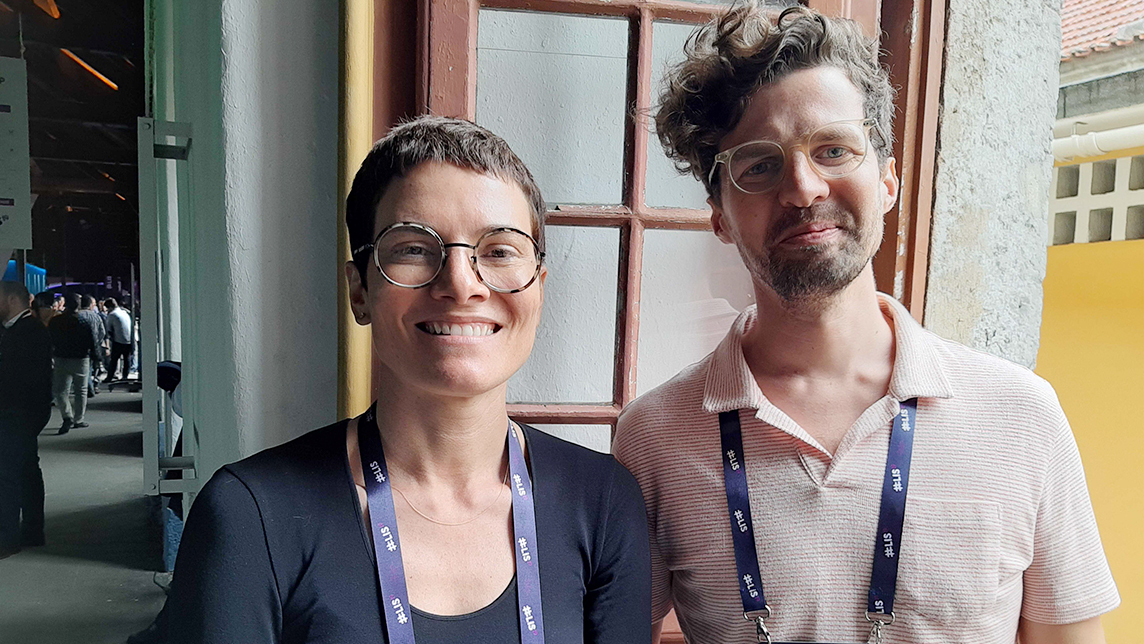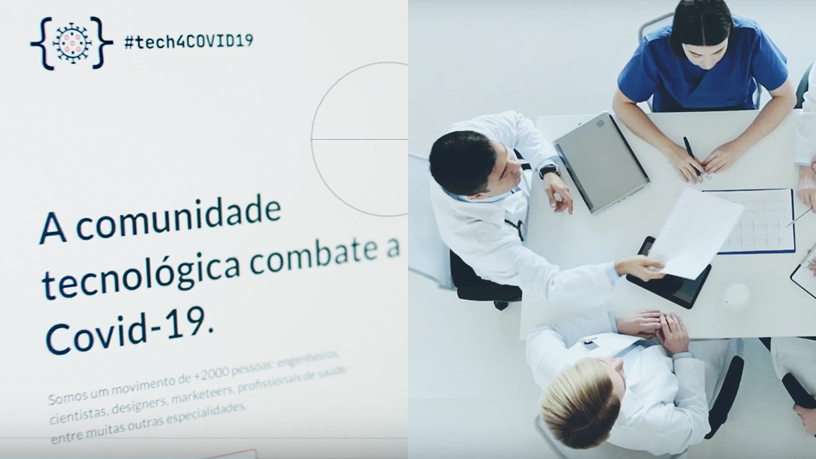Porto-born Knokcare has proven to be vital support for Portuguese medical facilities affected by the Covid-19 pandemic. Given the severely curtailed in-person appointments, the private healthcare app plugged the gap with its service of connecting patients directly with doctors via online video.
The startup, which until August 2020 was called Knok Healthcare, is raising seed funding of over €1m to speed up its expansion overseas. It last received pre-seed funding of €300,000 in 2016 to offer its Uber-style services via healthcare insurers.
In an interview with CompassList via Skype, Knokcare’s CEO and co-founder José Bastos maps out the company’s expansion strategy into neighboring markets like the UK, and further afield into Brazil and Africa. The company currently operates out of Porto, where it has its tech team, and London.
This interview has been edited for length and clarity.
How did you come to found Knokcare?
There were a couple of similar platforms that came out at a much earlier stage: Livi from Sweden that’s huge now, and another in the US called Heal. But I thought it was a good idea to give your own twist and deliver the services, in my opinion, in a slightly better way. The world is big enough for many more companies in this space. It's never a winner-takes-all solution unless you are competing against Amazon, and even there, it doesn't dominate all the segments.
It started with a very common problem. As a father of small children and working in a corporation as an economist using public healthcare, we have only access to doctors through the normal channels like hospitals and primary care. Every other week, one of my kids would be ill and the way the system is designed, it’s not too parent-friendly. I started wondering if this was the most efficient system. I thought it’s worth trying to make things just a little bit easier and that’s how we started.
When the idea was literally blooming, I was looking for someone with tech competencies to develop it and I randomly met my co-founder João Magalhães. He is a doctor by training but has been working in software development since he was 14 and was running a medical software startup. Magalhães is now the CTO and is as committed as myself since day one. Another co-founder, Tiago Craveiro, was initially the CTO and he helped us to get the project off the ground.
We’ve evolved so much from the original idea of a father looking for a better way to deliver healthcare to children
At the beginning, I can honestly say that we were not aiming as high as where we’ve got to now. We came up with a very simple app to connect patients to doctors using an Uber model. Suddenly, we found that lots of people were in the same boat as us. Several customers challenged us to make the communication function more efficient and to reduce healthcare costs.
That's when we went into telemedicine which was a game-changer for us and for the system, Knokcare being the first company to offer video consultations directly to consumers in Portugal. We started selling our product to insurers, to hospitals and it took us to where we are now.
We’ve evolved so much from the original idea of a father looking for a better way to deliver healthcare to children. Knokcare is now a SaaS company delivering software for video consultations to people everywhere.
What is your expansion strategy? Why choose an expensive city like London as your second base in Europe?
We have really exciting expansion plans for the UK and India but can't give more details just yet. We’re in the process of closing a couple of European partnerships to provide our software as a SaaS. In a month's time, we will do something very exciting here in Portugal. We’re going to announce a very cool partnership to help us grow our customer base even more.
Our tech team is based in Porto but we’ve always had the will and desire to become international and expand overseas. Portugal is a great market for testing stuff and the people are very adept to test new tech but it's a very small market in size. So, we thought the UK is very attractive and edgy. A competitive market is always very interesting, to be there as you know you’ll be facing off against the best. Mustard Seed from London is our investor and it’s an added incentive to establish an office there.
How many people currently use Knokcare and in how many markets?
We have around 150,000 registered users and a captive pool of 1.2m potential users from our insurance partners. We have around 160 doctors but not all work full-time with us. We are in Portugal, Spain and Brazil. Our software is also powering operations in Brazil, South Africa, Angola, Zimbabwe and another couple of countries that I’ll be able to mention in a few days’ time. Italy, of course, is another country where we can work locally with people.
We are working to enter the UK via the National Health Service, the British public healthcare system. We will enable the NHS to use Knokcare’s technology with some local adjustments. Then, the online consultation system will be rolled out but we are currently at the very early stages.

Please explain about your involvement in Portugal's Tech4Covid19 initiative and how you kept your business afloat doing pro bono work?
With Mustard Seed as an investor, we are a social impact venture. We never forget that whatever we do, we have to provide this impact socially. Our online consultations increased a lot in Portugal during Covid because the national helpline was unable to cope with the sudden surge in demand.
Many doctors could not work at their normal workplace because a number of hospitals and clinics had to close for Covid-related safety reasons. They volunteered to work for us and we thought that offering free consultations was the right thing to do, so we asked them if they could provide free services for free consultations to the public. We manage to onboard about 75 doctors. General public users would download the app, choose the doctor and get the free consultations.
Throughout the Covid pandemic, we kept working with our insurance partners and customers the same way as normal. But we thought if we could get a steady cashflow from our insurers, we could forfeit the end-user fees that we’d normally get.
That’s been very important for the ethos of our team and for the new volunteer doctors. Even our own salaried doctors started volunteering. It was really satisfying for us as a company to work on something that was so tough on the national health system. We were also able to offer the free services because we managed to gain some important SaaS customers, so we were also getting more cashflow.
How much can be done solely by video consultation and how much of the doctor’s workload is optimized?
With consultations for Covid-19, it was 100% as doctors would only see you online if you are suspected to have the virus. In normal times, it's down to their medical experience and specialties. We don’t use a generic statistic.
For instance, there are some whose work is very much based on tests and analysis, looking at the results like in orthopedics. In this case, the first consultation must be face-to-face and then most, if not all, of the follow-up consultations can be done remotely. Cardiology is similar. After an electrocardiogram or scans, the follow-up can be done 100% remotely.
Depending on the type of medical cases, I would say that generally 60% of all consultations can be done remotely. More and more doctors are relying on data and tests, less on physical examinations. The Knokcare consumer app has pediatrics and internal medicine as specializations. But for our SaaS services, we support clients like hospitals with their normal scope of specializations. This is why the hospitals are happy to use our technology.
How does the app work for both the end-users and doctors? Is it immediate entry? Is there triage first?
Right now, if you want an appointment during the normal working week day, it will be within 30 minutes. Over the period of the last eight months, our average wait time was always below two hours. For the end-users or patients, it depends if you are with an insurer or as a direct consumer. For the latter, the app will ask some triage questions and display a list of relevant doctors for you to choose and get a consultation with a very short waiting time.
If you go through an insurer, you don't need to download any information. You just call to ask for a consultation and the call center staff will plug your phone call into a video consultation using our technology. This is something very special that we can convert a real-time telephone call into a video consultation with one of our doctors without the caller needing to download anything. Think Microsoft Teams, but only simpler because you use it on your phone, laptop and never need to download an app.
The doctors have a dashboard: they log into the doctors' website on our platform and can see their diaries, the consultation bookings for the day and the information that the patients have given when they scheduled the appointments. The doctors and users will also receive reminder notifications to avoid no-shows on either side.
What would you say has been the most important break for Knokcare in terms of its development?
I think it was like for most startups – raising our pre-seed round. We were lucky enough to have found Mustard Seed from London. They were our first investors and when people advise that you take smart money, I believe this is what they mean. Mustard Seed challenged our business model and a lot of our assumptions during the due diligence process. Those challenges made us rethink our business and change some elements which increased our monthly consultations.
Mustard Seed challenged our business model and a lot of our assumptions
The first thing they challenged was pricing because we had a policy where we took some higher margins and worked in a certain way with doctors. They said, “Look you should be working with the doctors to work on volumes and price, and it’s the multiple of these that will boost the results for both parties.”
In 2016, we reduced prices by about 30% and consultations spiked by 200–300%. We started getting meaningful volumes. We also had queries from patients saying that they use our app frequently but didn't always need a doctor to come to their home, implying that the higher price was an issue. They also wanted a remote solution to enable them to speak to the same doctor, just like their own family doctors.
In September 2017, we launched video consultations using the direct consumer model which has changed everything for us. We had a lower price point, something unique in Portugal. In terms of service levels and price points, it took us to a different category where we could start mass marketing our product mainly to insurers. This increased consultations again because our partners were distributing our services to their own clients. That's how it was ramped up.
You have operated both a commission-based and a SaaS business model. Which works better for you?
Another lesson learned was to be nimble and attentive to the market. Speaking to potential partners who were selling our video consultations to insurers who already have their own customer network and only wanted to access our software. This was the case in a number of markets and even here in Portugal in the hospitals and clinics. So, we wondered if we could change the architecture of the system, just enough to maintain this product that we already have in Portugal with our existing clients; but we also needed to respond to the concerns of people in other markets.
So we did our homework and today, we have about 25 SaaS clients that use our tech, and nothing else, in South America, Africa and Europe. We have some more leads that we expect to work within a few months. We’ll keep the original business model for Portugal but overseas, we’ll focus on SaaS. We also offer in-person follow-up consultations in Portugal only.
We’ve reduced the original 20% commission rate for doctors. There are now doctors who work almost full-time for us, delivering video consultations every day. That's also how volumes have increased. We used to work with doctors on-demand and we still have some doctors under that arrangement. But 95% or more of the doctors we work with now aren’t on-demand because we couldn't deliver the volumes we need given the service-level agreements required.
How do you gain traction in a traditional sector like medical care?
Covid-19 has changed that a lot. Currently we don't need to prove the validity of the use-case because we can demonstrate the volumes of monthly consultations, the existing customers and their feedback. So, it's much easier now because Covid kind of brought people very abruptly into the need to use remote solutions.
The world’s big enough for many more companies in this space, it's never a winner takes all
We speak with three levels of people and it really depends on the institution. Sometimes, it's the head of technology from the providers, sometimes people in operations like the COO of a hospital or hospital group where they are under pressure to deliver more consultations.
We show them the demonstrable benefits in terms of consultation times, patient satisfaction, reduced no-shows and other data that’s statistically meaningful. When we say we can reduce your no-shows by 40%, it’s proven by the hospitals that we work with. When I say the technology is easy to use, it’s not just my word but because 35% of the users of our consultations are over 65 years old, so it's thousands of people supporting our claims.
Sometimes, clinical doctors or GPs literally reach out to us wanting a video consultation tool. We normally set up a test account where they can test all the features for themselves, that’s what we want them to do. The best way I can sell it is to let the customer sample it. Normally, the deal is then closed through the customer success team. Another cool statistic is that we have never lost a customer from the B2B side since we started.
What are the barriers to market entry? Are there any markets that are too tough to crack?
Yes, there are significant barriers of many sorts. Sometimes, it’s regulations in countries that require significant local adaptations, meaning almost a parallel product is needed to enter that market. Sometimes, you have procurement platforms if you want to work with national health services with requirements that you can't meet like being local.
Healthcare is not the easiest sector to enter, but when you do cross that barrier you have a competitive advantage over others who still have to pass it. We are strategic when choosing markets and it’s easier if you have a local partner who will endorse you. If not, then focus on other markets with a lower market entry.
To deliver something impactful, we’d need to introduce some changes, not at the front-end but in the architecture
I am speaking at a webinar for the US on telehealth technology right after this interview. To be honest about the US, the only issue we have is that there are some very specific local regulations. In order to deliver something impactful, we would need to introduce some changes, not at the front-end but in the architecture. In the US, it's not GDPR but local regulations. We have always built this product with Europe in mind, complying with all the regulations. This is why I am a little bit less excited about the US, although we are carefully looking at it to see if it makes sense.
You got your first investment four years ago. How have you got by with so little? Will you need another funding round?
We've actually got some more undisclosed funding since our first round with Mustard Seed. We have a very supportive lead investor. We’ll announce a new seed round very, very soon. Unfortunately, it's too soon to mention now but it will be more than €1m.
Why did Knokcare join accelerator programs recently, at such a late development stage?
Whatever people may tell you, the main thing you get from an accelerator program is business development opportunities. If you don't have a concrete product you, you don't have any opportunities at all because people have customers ready but cannot wait for an incomplete product.
One that’s very important for us was Generali's accelerator in Italy. Today, it’s still one of the most important partners for us worldwide. This wouldn't be the case if we had not joined the accelerator when we did.
You need to be very clear about what is offered by the accelerator. If it's what you want and need for your business then go for it. If you don't know exactly what you want from it then don't do it. We have learned so much about insurance specifics of the business and how to plug what we have to insurers because of Generali when we spent six months with them in Italy.
